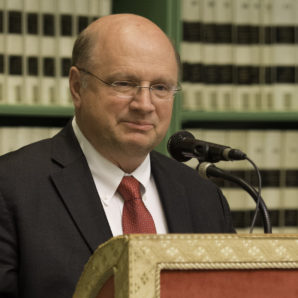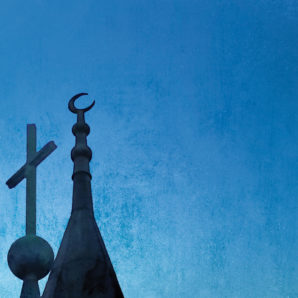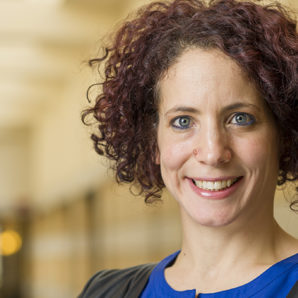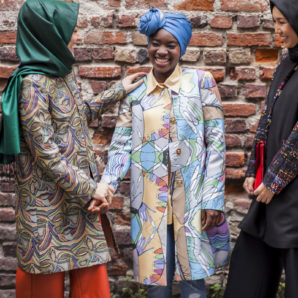
‘The Truth is an Encounter’: Dialogue as a Self-Critical, Self-Transformative Risk
Series: Rome 2016
Modern religious actors are anxious about their own inevitable secularity, which has always been a condition of their existence.
Read More →
Modern religious actors are anxious about their own inevitable secularity, which has always been a condition of their existence.
Read More →


